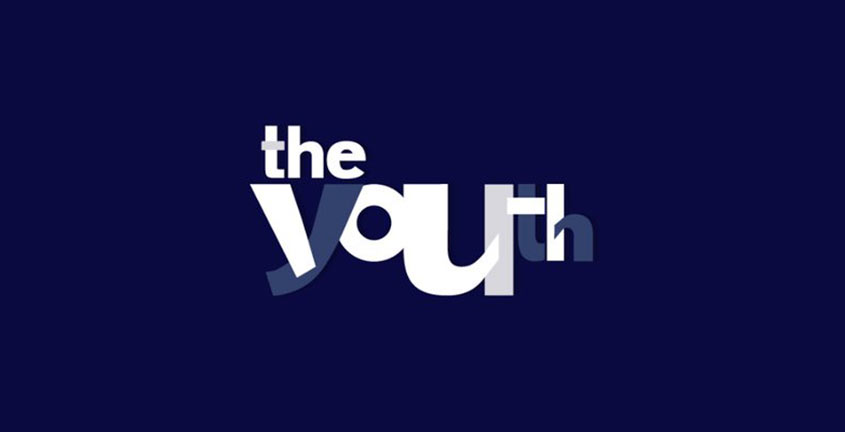My Fightings with Bulgarian Language – Sharon
I still remember the first two words I learned in Bulgarian: автогарата (bus station) and благодаря (thank you). I wrote them on the palm of my left hand while I was flying to Sofia for the first time and they were all what I needed to reach Kazanlak, the destination of my EVS. Once landed in the capital, I felt completely disoriented in that labyrinth of letters and sounds called Cyrillic.
Whether trying to read or listen to people, I was unable to find any connection with my language, any reference point. Paradoxically, Bulgaria would have been my home country for the next eleven months, but the feeling of being lost was the strongest I have ever experienced abroad.
A month has already passed since then and Bulgarian language still represents one of my biggest daily struggles, but also one of the major goals of my EVS. I want to learn it to understand better Bulgaria and its human universe. Language is the tool used by people to represent themselves: an open door to its culture, history and traditions. The historical importance of Bulgarian language and the role that the Cyrillic alphabet currently plays in Europe are also reasons that motivate me to pursue this goal.
Bulgarian is the Slavic language with the oldest written and literary tradition. Its origins date back to 863, when the Byzantine scholars Cyril and Methodius translated the sacred scriptures into the Glagolitic alphabet, from which derived the Cyrillic one in the Middle Ages. Over the centuries, Bulgaria has played the role of spreading the Cyrillic alphabet and its culture throughout the Slavic world, as the historian Vidin Sukarev said, and nowadays Cyrillic is used in eight Slavic countries of Europe (Russia, Belarus, Ukraine, Bulgaria, Macedonia, Serbia, Montenegro and Bosnia). Moreover, since Bulgaria entered into the European Union, in 2007, it became the third official EU alphabet after Latin and Greek.
Bulgarian language has a lot of peculiarities and substantial differences compared to Italian, my mother tongue, and to other Romance languages I know. For me, learning Bulgarian at a basic level is not intuitive and requires hard study and memorization exercise. My greatest difficulty comes from the fact that when I have to read or write in Bulgarian in everyday life, I still cannot automatically recognize the sounds and the letters that compose it, nor associate a meaning with most of the words. It is a double translation work: first for the alphabet and then for the meaning.
Indeed, Cyrillic alphabet follows a different order and only 10 of its 30 letters correspond graphically to those of Latin. Concerning phonetics, only 5 of the letters characterizing the Cyrillic alphabet are pronounced in the same way as Italian. Other letters, including those already familiar to me, are completely different because they originate from the Greek or the Glagolitic.
For an Italian, there are lots of differences also on a morphological and syntactical level -declinations, word order and verb tenses, among others-, for this reason composing a sentence or answering a question is really hard for now. Indeed, some gestures that come with speaking in Bulgarian are very peculiar. Bulgarians, contrary to all other nations, shake their heads for “yes” and nod when they mean “no”.
By the way, I try not to discourage myself by language difficulties or shy away from misunderstandings. Along with using google translate and other online resources, I listen carefully to people around me to learn from them and, even if I don’t know exactly what to say, I always try to practice some words without worrying about making mistakes. Surely, it will be my biggest battle over the next 11 months.

